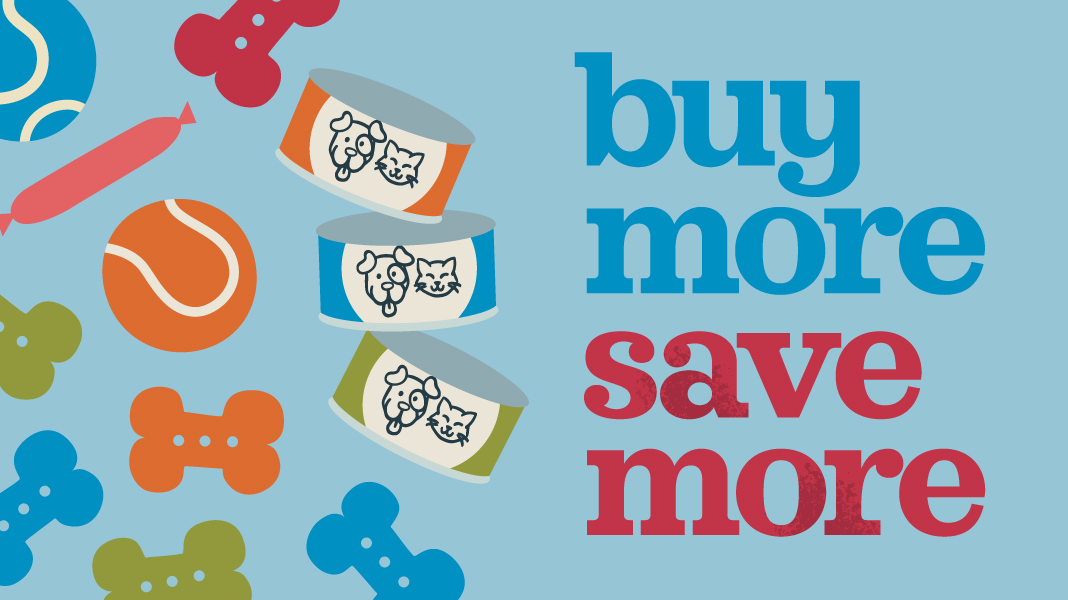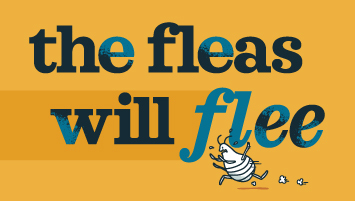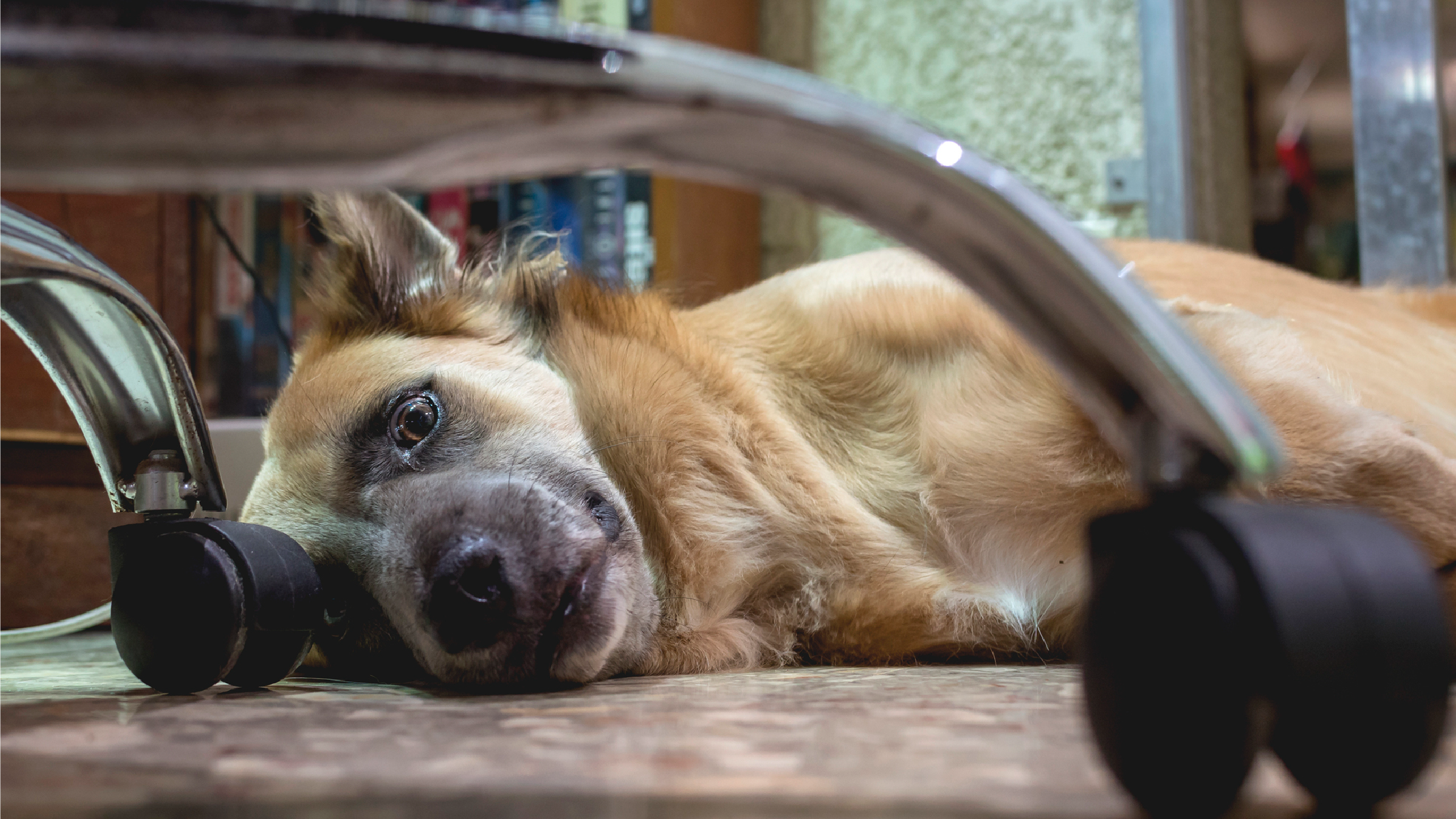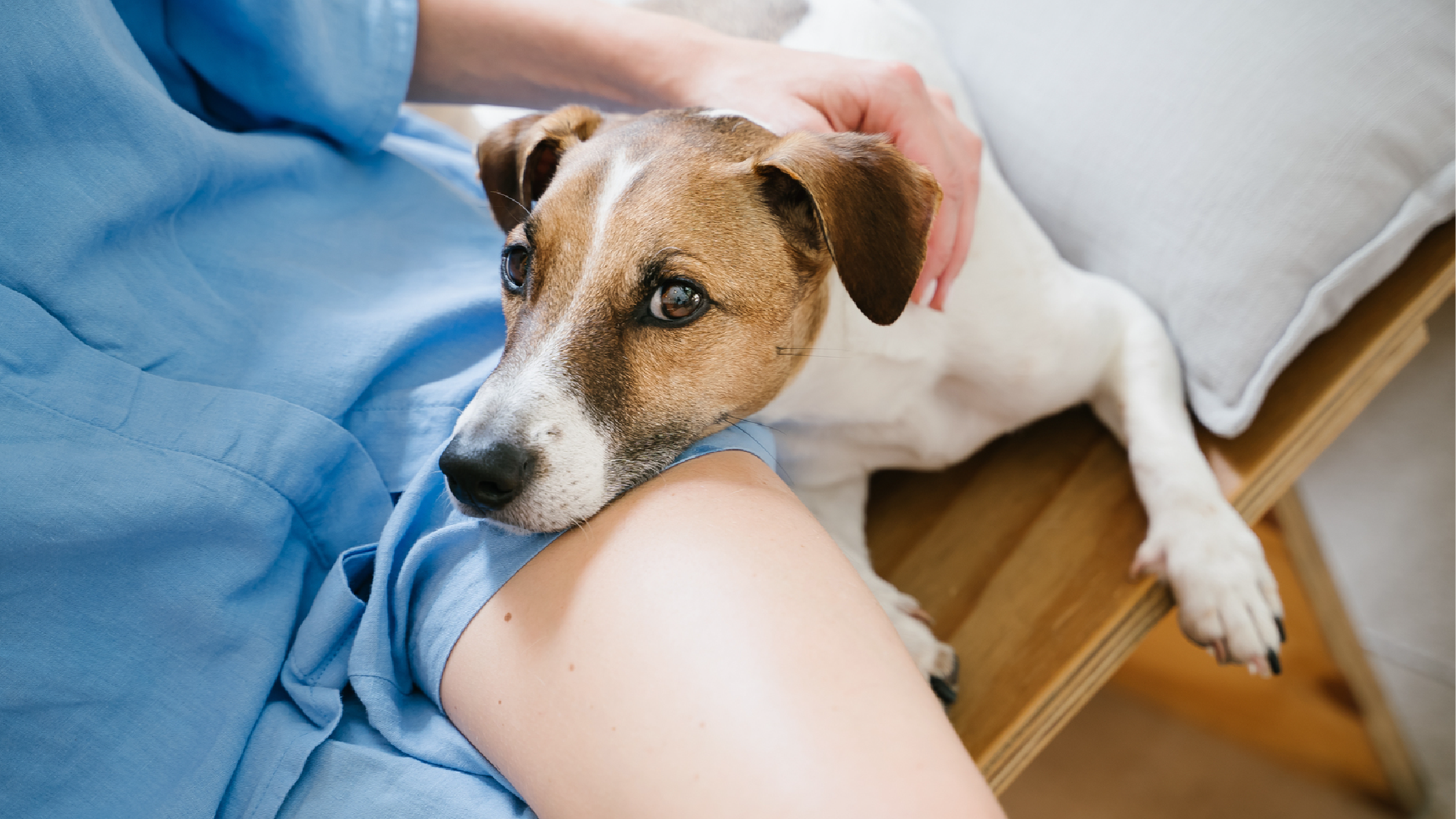Veterinary Diet Food
Prescription Medication
Available In-Store
Frequently Asked Questions
What are the common signs of anxiety in dogs?
• Excessive Barking or Whining: Dogs may vocalize more than usual when anxious • Destructive Behavior: Chewing, digging, or scratching at furniture or doors. • Pacing and Restlessness: Inability to settle down, frequent pacing. • Avoidance: Hiding or retreating to a corner, avoiding people or situations. • Changes in Appetite: Either eating too much or not eating at all. • Increased Aggression: Reacting aggressively to stimuli or people. • Excessive Licking or Grooming: Repetitive behaviors like paw licking or fur chewing.
What causes anxiety in dogs?
• Separation Anxiety: Fear of being left alone. • Noise Phobias: Sensitivity to loud noises like thunderstorms or fireworks. • Change in Routine: Alterations in their daily schedule or environment. • Lack of Socialization: Limited exposure to new people, animals, or experiences. • Traumatic Experiences: Previous abuse or negative experiences. • Medical Issues: Health problems can sometimes manifest as anxiety.
When should I seek veterinary help for my dog's anxiety?
• Persistent Symptoms: If your dog’s anxiety is severe or ongoing despite your efforts. • Escalating Behavior: If there is a noticeable increase in destructive or aggressive behaviors. • Health Concerns: If anxiety appears to be linked to a potential medical issue. • Inability to Cope: If your dog’s anxiety is affecting their quality of life or your ability to manage it.
How do I know if my dog needs anxiety medication?
• Persistent Anxiety: If your dog’s anxiety is severe, chronic, and unresponsive to behavioral modifications. • Impact on Quality of Life: When anxiety significantly disrupts your dog’s daily life, activities, or health. • Consultation Required: Always consult with a veterinarian to assess your dog’s specific needs and determine if medication is appropriate.
How long does it take for anxiety medications to work?
Some medications may show effects within a few hours, while others might take several weeks to reach their full potential. • Individual Response: Each dog may respond differently, so it’s important to follow your vet’s guidance and be patient during the adjustment period.
How long will my dog need to be on anxiety medication?
The duration depends on your dog’s response to the medication and their specific anxiety issues. Some dogs may need short-term medication during a stressful period, while others might require long-term management.










